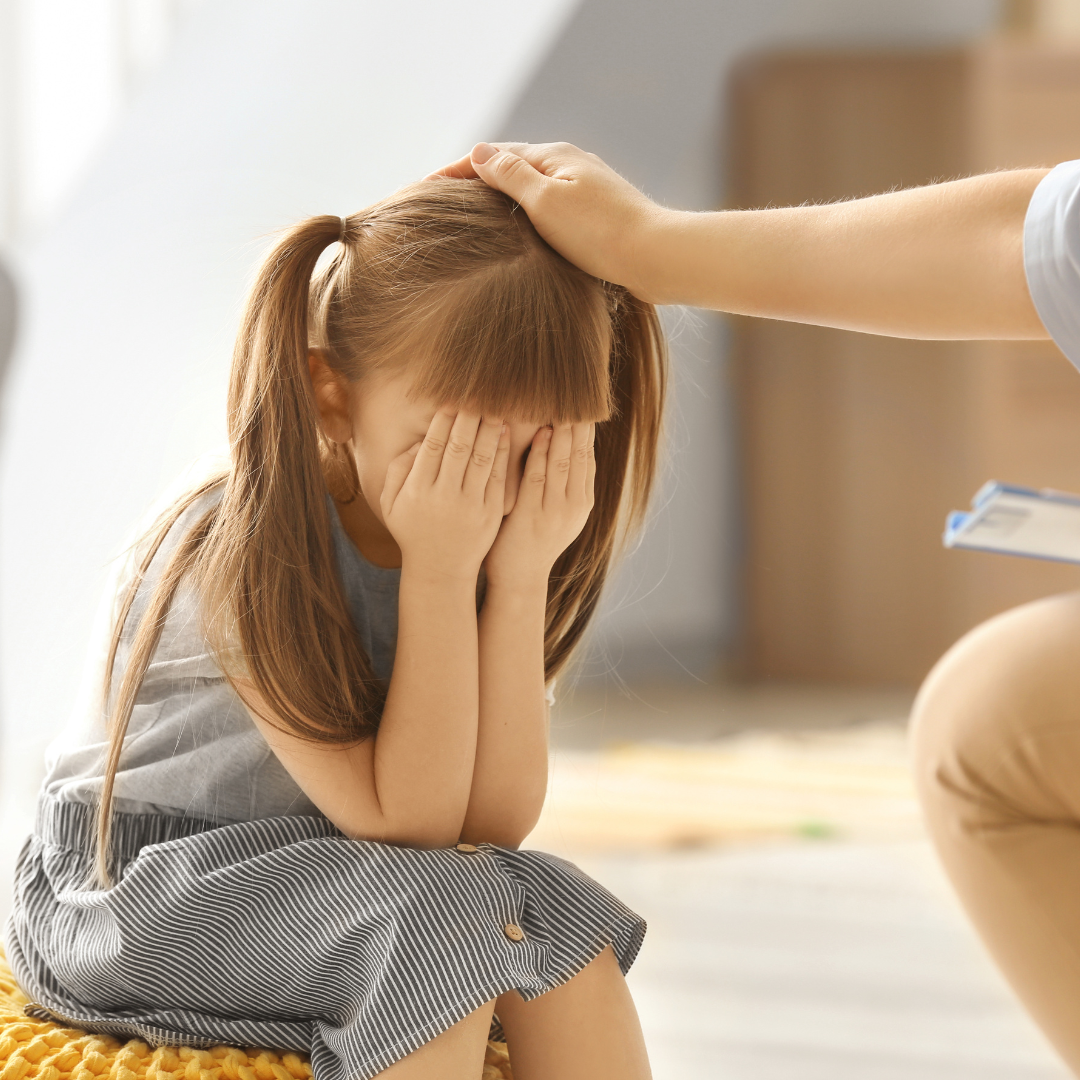Publication summarized by Claudia Belliveau, Ph.D. Candidate McGill University
Source: Wang GS, Buttorff C, Wilks A, Schwam D, Tung G, Pacula RL. Impact of cannabis legalization on healthcare utilization for psychosis and schizophrenia in Colorado. Int J Drug Policy. 2022 Jun;104:103685. Epub 2022 Apr 22.
Recreational cannabis use has been legalized across Canada since 2018 and in many jurisdictions across the United States as early as 2012.
There is a body of research that shows chronic cannabis use is associated with higher rates of psychosis or schizophrenia in adults. The first question is, what exactly does this mean?
Psychosis: is a period of time (episode) when a person loses touch with reality. Symptoms can include hallucinations, delusions, agitation and disorganized thoughts.
Schizophrenia: is a mental illness that impacts a person’s functioning, emotions and behaviours over a long period of time. Diagnosis requires a person to have a few symptoms for at least 6 months. They symptoms can include hallucinations, delusions, disorganized speech and catatonic behavior (irregular reactions and behaviors) among others.
A person diagnosed with schizophrenia can experience psychosis, but a person experiencing psychosis does not necessarily have schizophrenia.
Researchers from the University of Colorado studied whether legalization of recreational cannabis in Colorado was associated to the rise in mental health emergency room (ER) visits they were experiencing across the state.
Colorado is an interesting place to examine this because different counties legalized at different times. The researchers examined the number of licensed recreational dispensaries among different counties and compared this to the number of ER visits that were tagged with psychosis and schizophrenia among 100s of hospitals in the state. Most patients were above 26 years old, so the population studied were adults.
The researchers found that as the number of recreational dispensaries increased between 2013 and 2018, there was a 24% increase in ER visits tagged as psychosis across all counties in Colorado. They did not see the same effect with schizophrenia.
Although there were limitations in this study, such as:
-
a patient’s use of cannabis before the ER visit was not recorded
-
a patient’s genetic predisposition to psychosis or schizophrenia was not examined (in other words, there was no information about whether the patient’s parents or siblings have ever experienced psychosis or are diagnosed with schizophrenia)
-
it was not recorded whether this was a patient’s first visit with symptoms or it was a recurring issue
This research highlights the importance of studying the effects of legalizing a substance like cannabis for recreational use. The jury is still out on how legalization has changed cannabis use in Canada and the US. One thing we do know is that public health should be more focused on educating individuals about the risks of using cannabis, especially among at-risk groups like children, teens and predisposed individuals.
As a parent it is important to stay informed so you can have open, age-appropriate discussions with your children in a safe environment.
More Cannabis information:













